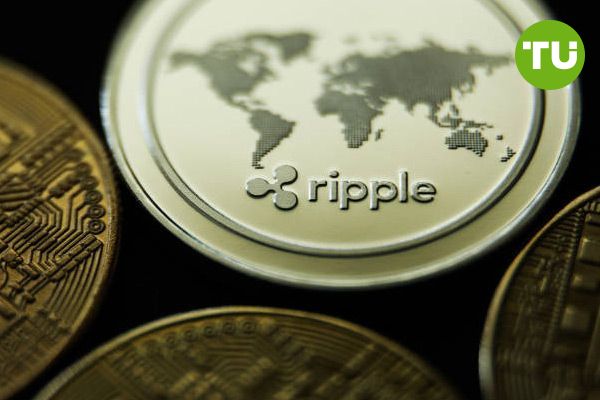Ripple’s high-stakes battle with SEC: future of XRP hangs in balance
 A multi-year trial between the SEC and Ripple
A multi-year trial between the SEC and Ripple
For four years, the U.S. Securities and Exchange Commission (SEC) has been in a legal battle with Ripple over unregistered securities sales. Initially, the regulator sought $2 billion from the XRP issuer, but over time, the fine amount dropped to $125 million. However, the legal proceedings continue, and it seems that a resolution may only be possible after the inauguration of a new U.S. president.
How it all started
In December 2020, the U.S. Securities and Exchange Commission (SEC) filed a lawsuit against the California-based company Ripple, accusing it of issuing unregistered securities.
Loading...
The regulator calculated that the company had been selling XRP tokens primarily to retail investors over a seven-year period, raising $1.3 billion. Ripple’s CEO, Brad Garlinghouse, and co-founder Chris Larsen were also named as defendants, with the SEC viewing them as major participants in the alleged securities sale. According to the commission, the two executives sold tokens totaling $600 million, despite Garlinghouse’s public statements about his long-term commitment to holding his assets.
The SEC accused the defendants of violating securities registration laws and demanded an injunction to halt further sales, return all raised funds with compensation, and pay civil penalties.
A temporary victory for Ripple
The legal battle continued for several years, but a turning point came in July 2023 when the Southern District Court of New York ruled in favor of Ripple.
The court concluded that the sales and distribution of XRP tokens were not investment contracts. Ripple’s CEO, Brad Garlinghouse, reacted positively to the ruling, stating that Ripple was "on the right side of the law."
Loading...
By October, the court dismissed the charges against the company’s co-founders, Chris Larsen and Brad Garlinghouse, regarding alleged securities law violations.
Reduction of the fine
However, the victory was not complete. The court continued to review the case concerning Ripple’s institutional sales of XRP. To resolve the multi-year dispute, Ripple proposed reducing the SEC’s requested fine from $2 billion to $10 million, citing the precedent of Terraform Labs, where concessions were made for a bankrupt company.
The court considered these arguments and lowered the overall fine amount, though not as significantly as Ripple had hoped—from $2 billion to $125 million. The company was also prohibited from violating securities laws in the future.
Loading...
However, the SEC was dissatisfied with the verdict and appealed the decision, arguing that the ruling does not align with U.S. legal principles and could create grounds for future violations.
Following this, the agency suggested that the court review the issued rulings. In a counter statement, Ripple also requested a review of the court’s decisions in its case against the SEC.
Loading...
What’s next?
For four years, the SEC and Ripple have been unable to reach an agreement. However, this could change after Donald Trump is officially inaugurated as the new president of the United States and potentially dismisses the SEC Chairman. At least, Ripple’s CEO Brad Garlinghouse is optimistic about this outcome.
According to him, the digital asset industry can expect a “reset” after the election. Much will depend on who replaces Gary Gensler, the current SEC chair who has “led a reign of terror,” as well as the heads of other regulatory bodies. Ripple hopes that new officials will be less harsh toward cryptocurrencies, allowing the longstanding legal dispute to finally reach a resolution.













































































































































